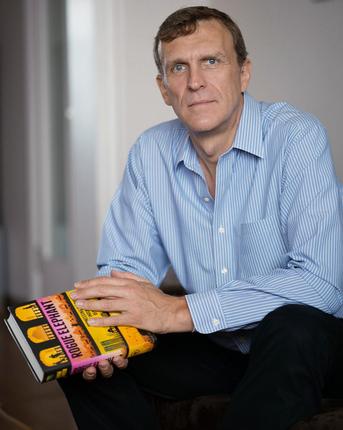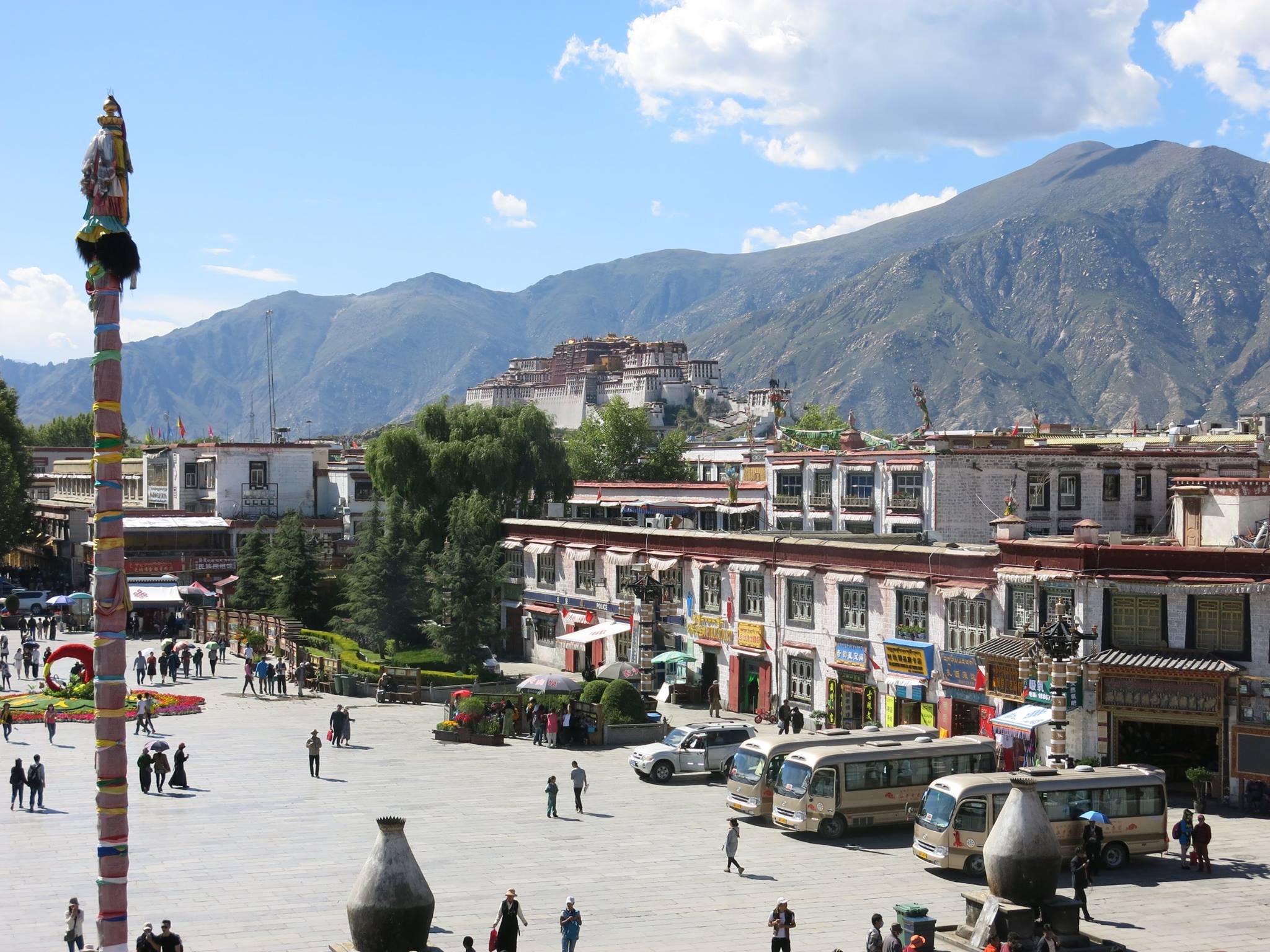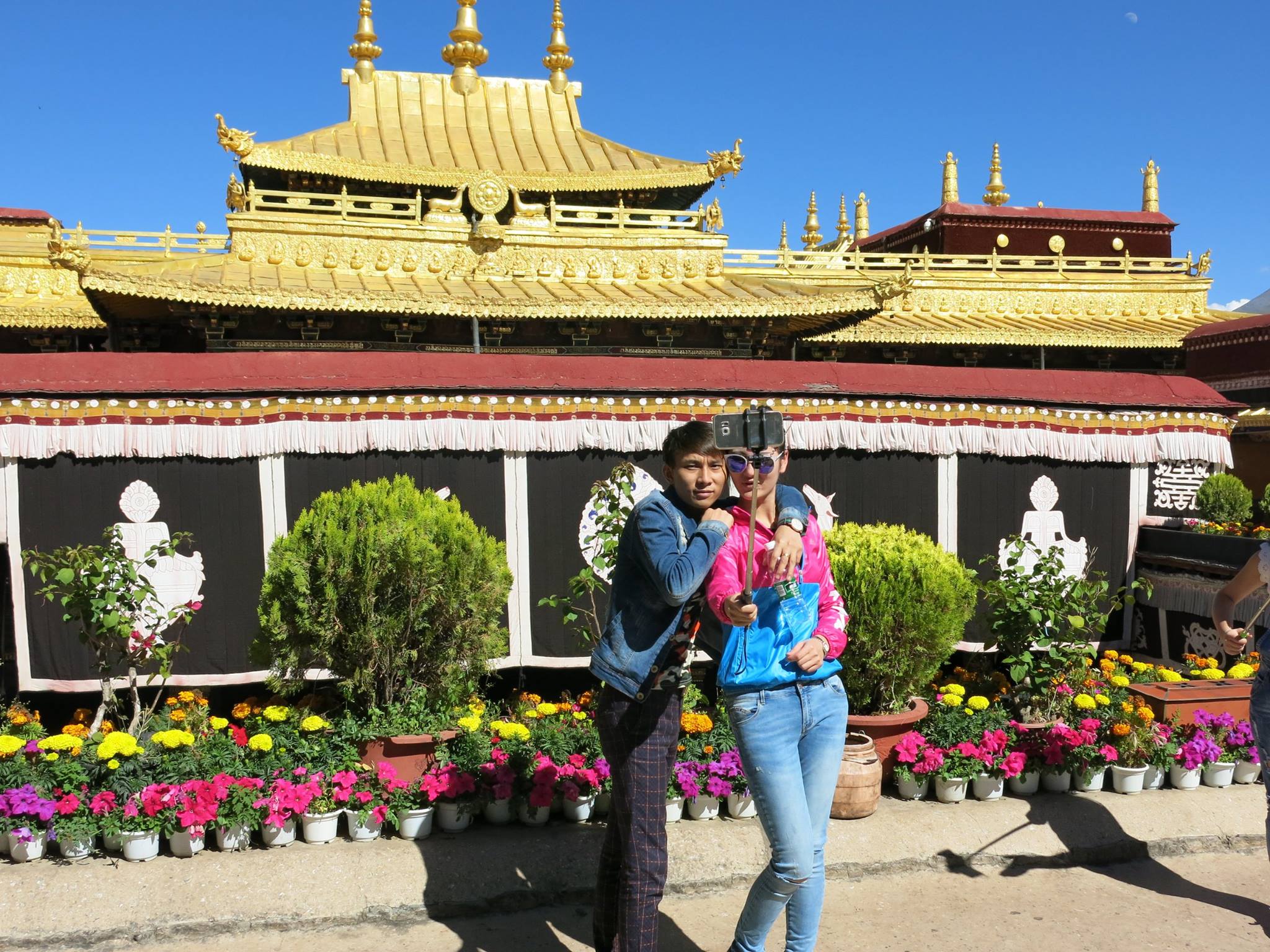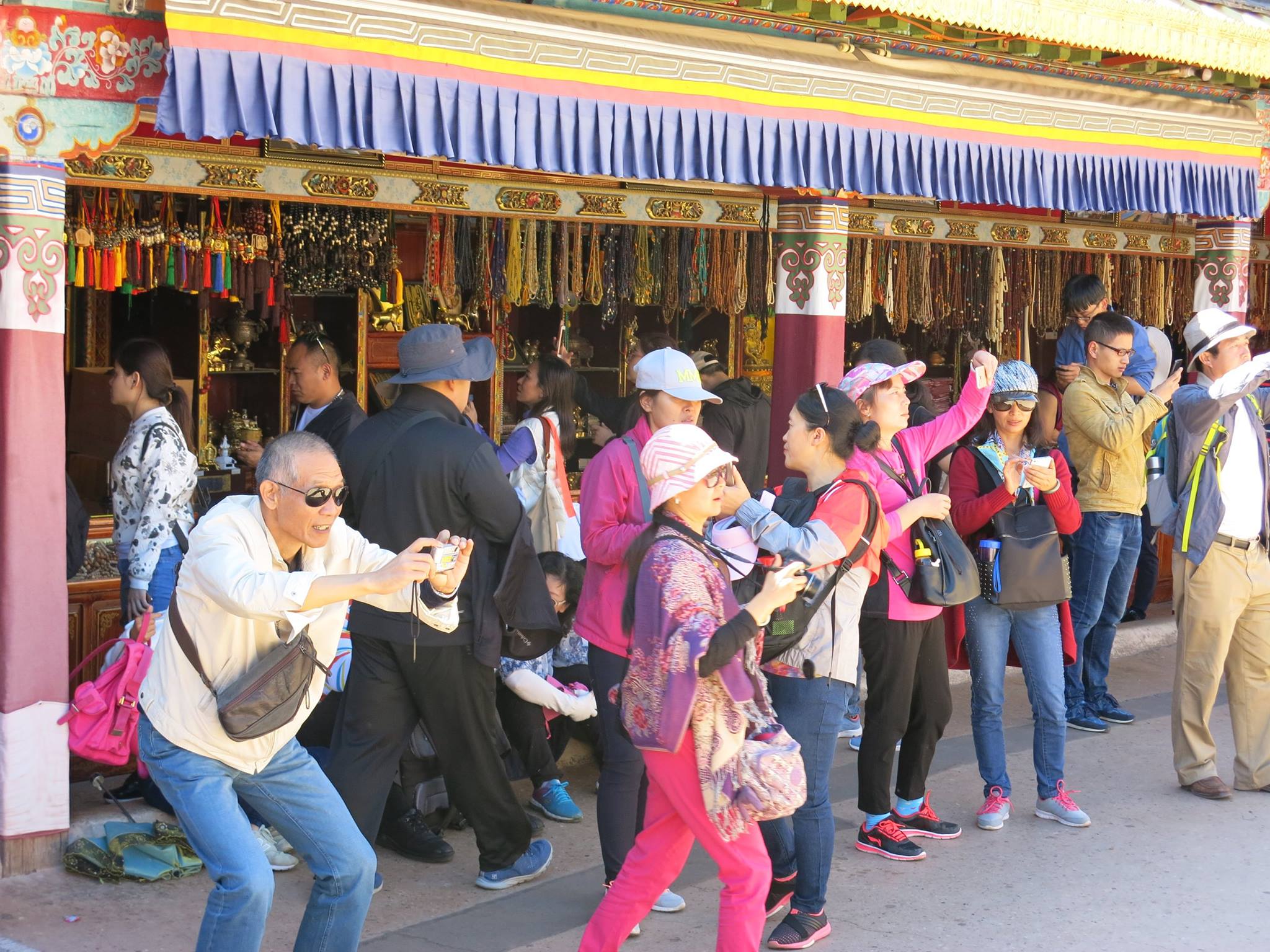Simon Denyer, China Bureau Chief of the Washington Post, made history this month when he broadcast live on Facebook from Tibet on September 11. He stood in front of the Potala Palace to report on his trip to Tibet and answer questions posted by viewers online.
“I’m here on a government trip, a very rare trip for foreign journalists to Tibet. In fact there have only been a handful of trips for foreign journalists to Tibet in the last decade. It’s a harder place to get to than North Korea, in fact,” says Denyer in his Facebook Live post.
Tibet has been shut down under Chinese rule throughout the last decade and the restrictions on access to the international press have made it difficult to cover the situation there. Social media has been the only effective means of getting news out of Tibet.
However, a group of 17 international journalists and other overseas guests was invited to Lhasa to coincide with the China Tibet Tourism and Culture Exposition. “The Chinese government is promoting tourism in Tibet” said Denyer. He continued, “by 2020, they expect 35 million tourists to come here”, 95% of whom will be Han Chinese. China does not currently encourage foreign travellers to come to Tibet, especially individuals, and permits are restricted for group tours. China is reported as saying they will allow western tourists into Tibet when they have created a world class infrastructure – a claim which Denyer says is “nonsense”.
Denyer reported that despite police surveillance everywhere, he was quite surprised to experience a fairly relaxed trip compared to his previous trips to Tibet. He put this down to the Tourism Exposition, or said it could be because there has not been a repeat of the unrest which happened in Lhasa in the run up to the 2008 Beijing Olympics.
Denyer spoke about two pressing concerns: managing tourist problems in Lhasa, and Tibetans losing their grip on their own language. He said both the Potala Palace and Jokhang Temple were packed with Chinese tourists taking selfies. The Jokhang Temple is the holiest site in Tibetan Buddhism but he said that crammed with tourists, the atmosphere there was not holy. He did speak to a few Tibetans and said their common concern was their children not learning to speak or write Tibetan properly because they grew up learning Mandarin, and this is the language which will enable them to progress in life there.
The broadcast from the Potala Palace in Lhasa, the capital of Tibet, was significant because the Potala was the official residence of His Holiness the 14th Dalai Lama before he fled to India in 1959. Denyer said that unlike a decade ago, Lhasa today is filled with Chinese people and Chinese development. “But the city is still incredibly beautiful and retains a strong element of Tibetan culture and the importance of historic sites”.








 Print
Print Email
Email